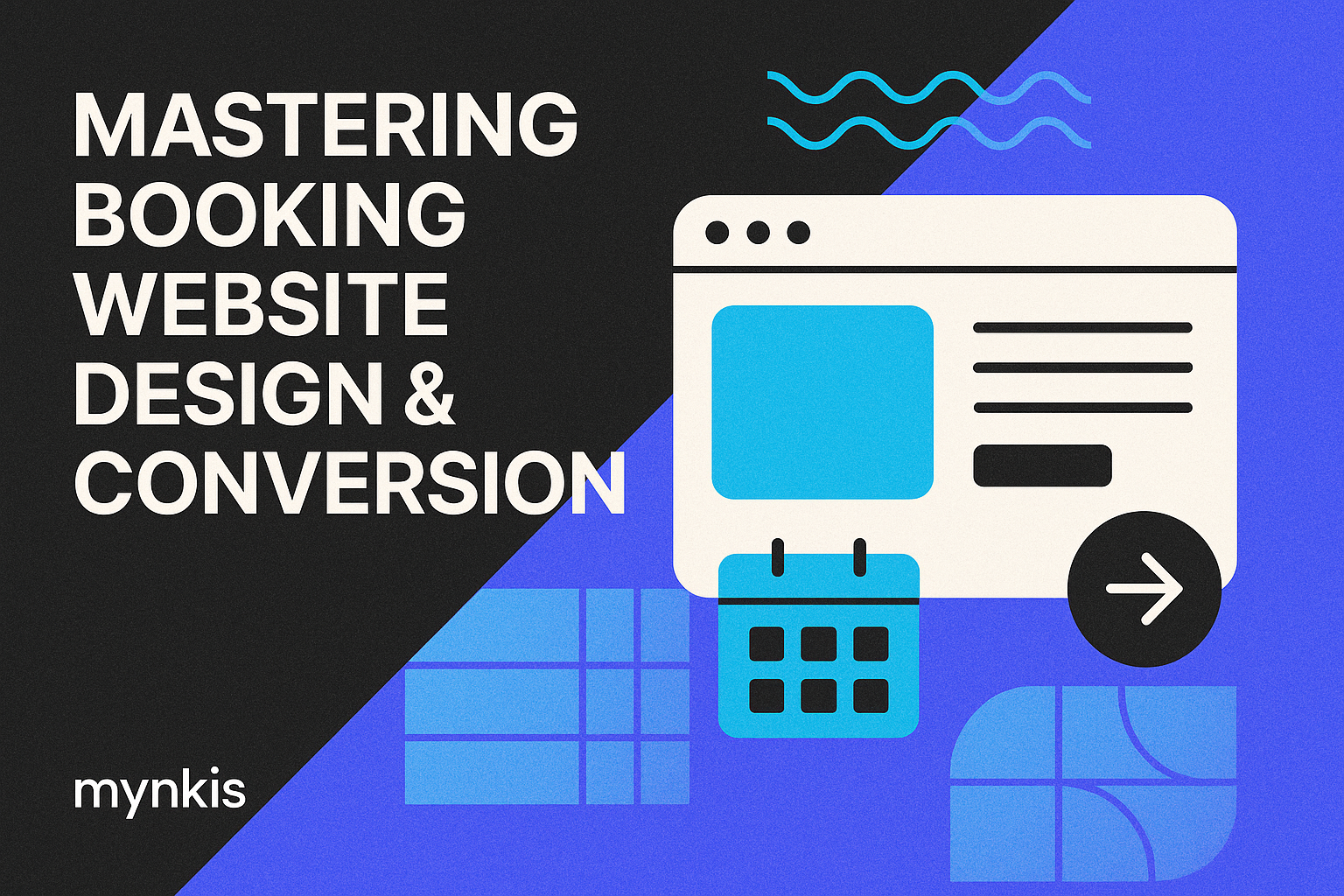Schedule a Demo
If you're setting out to revamp or create a booking-enabled website, knowing what to expect from a professional design firm is crucial. It's not just about picking pretty colors and fonts. It's about a deep dive into user behavior, conversion psychology, and ensuring every element on the page serves a purpose.
In my work with operations managers across various industries, I've seen firsthand how a well-designed booking platform can transform business operations. From restaurants to service-based businesses, the right design not only enhances user experience but also significantly boosts booking rates. A good firm will start by analyzing your current site's strengths and weaknesses, providing a foundation from which to build a better, more effective website.
A professional firm kicks off the process with a discovery phase. This involves deep research into your brand, audience, and goals. They'll often conduct competitor analysis to identify best practices within your industry and user interviews to better understand the needs and pain points of your customers. This stage sets the stage for creating a bespoke website that isn't just functional but also perfectly aligned with your business objectives.
This phase isn't just about gathering data; it's about translating that data into actionable design strategies. They might provide insights into how potential clients interact with booking systems based on behavioral analytics, such as how long a user stays on the booking page or the reasons behind cart abandonment. These insights guide the creation of intuitive and efficient booking experiences.
When it comes to website design, SEO should be a central focus, especially for booking-enabled sites. A top-notch design firm will integrate SEO best practices from the ground up, ensuring your site is easily discoverable by your target audience. They'll consider on-page optimization, content strategy, and user experience design to rank well for key terms related to your services.
Incorporating custom software development for SEO-specific features can make a huge difference. This could mean building a dynamic booking system that seamlessly indexes important keywords in URLs, meta descriptions, and alt texts. When combined with responsive design principles, these efforts can exponentially improve your site's search visibility.
A sleek, beautiful design is vital, but without a focus on conversion, it's all for show. A professional firm should understand the psychology of online booking and user decision-making. They will design clear calls-to-action, streamline the booking process, and use persuasive copy to guide users from browsing to booking.
Additionally, A/B testing can be employed to see which design elements are most effective. For example, changing the color of a booking button from blue to orange might surprisingly increase conversion rates. Firms committed to user conversion understand the importance of iterating based on real data, continuously refining the design for optimal performance.
Usability is key in any good enterprise web solution, and for booking-enabled websites, this is especially true. A firm should prioritize user experience (UX) to ensure that every visitor can navigate your booking system effortlessly. This involves creating a user-friendly interface, ensuring fast load times, and maintaining consistency across all pages.
Wireframes and prototypes are commonly used by design firms to test usability and gather feedback early in the design process. They then refine the layout, navigation, and interactive elements to craft a smooth experience. Based on available research, individual results may vary, but creating a seamless user journey is universally crucial for retention and bookings.
The technical expertise a firm brings to the table cannot be overstated. We're talking about everything from ensuring site speed to integrating secure booking systems and mobile optimization. Professional firms utilize technologies like responsive design and progressive web apps to ensure your site performs flawlessly across devices and platforms.
This focus on technical excellence extends to custom software development. Some businesses may require unique features tailored to their operations, whether it's a specialized booking algorithm or integration with external systems. A premier firm will leverage advanced development to meet these needs without compromising on user experience or site performance.
Professional web design is an ongoing journey, not a destination. A good firm doesn't just deliver a website and disappear; they provide continuous support and iterations based on analytics and user feedback. This ongoing collaboration can help you stay ahead of the curve, continually refining your booking system to maximize conversions.
Whether it's through performance monitoring, user feedback loops, or periodic redesigns based on emerging design trends and technologies, partnering with a forward-thinking firm means you're not just launching a site but fostering an evolving asset for your business.
Ultimately, every element of the design should tie back to your business goals. Whether it's increasing booking rates, enhancing customer satisfaction, or boosting brand recognition, a professional firm will prioritize these outcomes in their design decisions. They'll create clear metrics and track them to ensure your investment in design translates into tangible results.
According to data from Forrester Research, businesses that align their web design strategy with clear business goals see a 2-3 times higher ROI on their digital initiatives. This underscores the importance of choosing a firm that understands not just design but also the business side of your operations.
